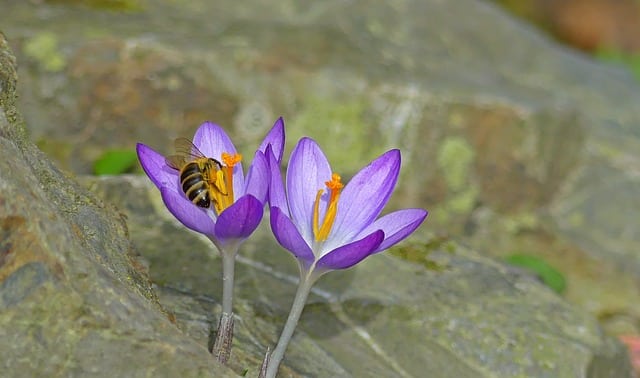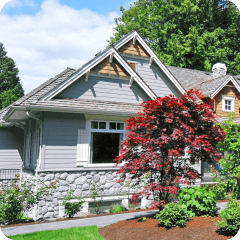The Better Lawn Blog
Insight and industry knowledge on all things important to your lawn.
From landscaping tips to fun ideas for yard play, we cover a wide range of meaningful topics on our blog page.
Pollen Season Brings Bees (And Allergies)
April 18, 2014
For those of you with allergies, pollen can be a word that conjures up thoughts of sneezing, runny noses and congestion. This isn’t, of course, the case for bees and other pollinator- in fact, it’s a fantastic time of year to be a bee! Our service area sees peak pollen periods from mid-April to mid-June, when nutrient rich pollen becomes available after a long, harsh winter. Bees can not live on honey alone; pollen is full of amino acids, proteins and lipids, among other things. For hives that occur naturally, as well as hives kept by beekeepers, this time of year is crucial to maintaining a healthy colony. Bees tend to visit only one species of flower each trip, and transport pollen back to the colony using their back legs, which have stiff bristles.
The yellow layer that spreads on everything is typically from trees, especially oak, that release a large volume of pollen into the wind. Special thank you to Jim Milliman for the great photograph!
